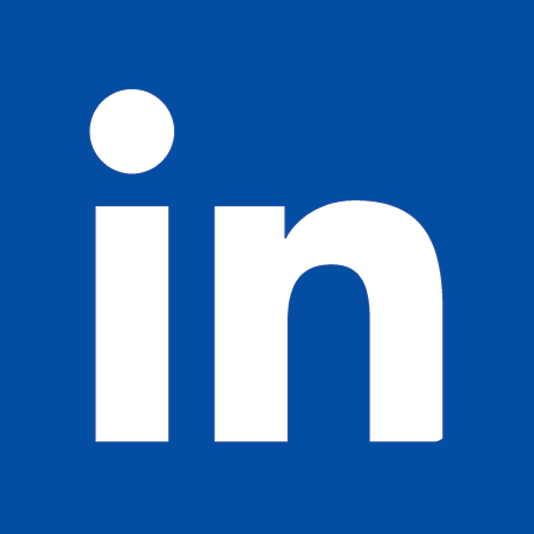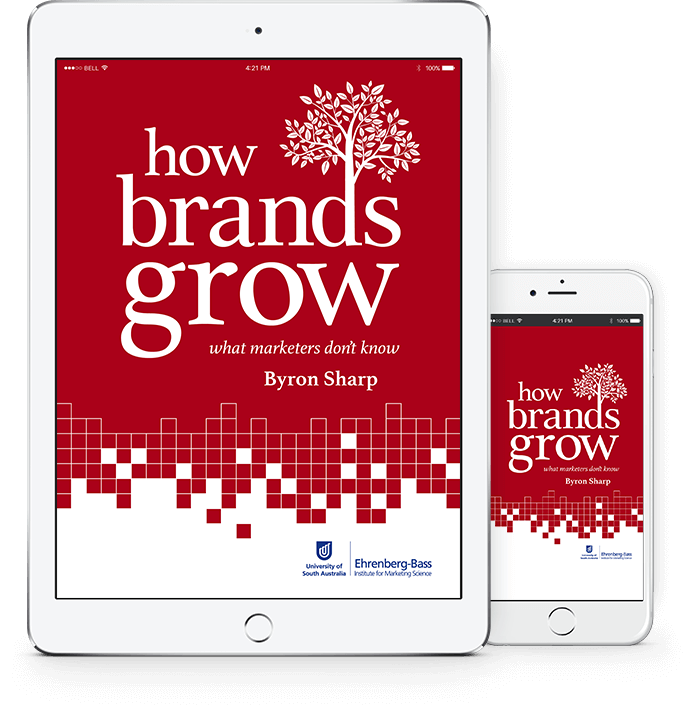The single most important thing is being noticed
Last month, Netflix released Pepsi, Where’s My Jet?, a documentary series on the infamous Harrier Jet consumer-promo-gone-wrong scandal.
It’s a real David and Goliath story. Deep into the Cola Wars of the 90s, Pepsi launches a loyalty program, and jokingly advertises the opportunity to purchase a US$23m military aircraft for 7,000,000 Pepsi Points. One enterprising young man discovers you can buy the required points for just US$700K, and a very public legal battle ensues.
The marketing industry has been quick to criticise Pepsi, suggesting the negative PR back then, and now with the doco, could easily have been avoided by ponying up for the jet. Spin a negative into a positive. But does the scandal actually harm Pepsi? Or help them?
Indeed, Byron Sharp suggests in How Brands Grow to never give people a reason not to buy you. But we might be stretching the definition of “a reason”.
People don’t walk through the supermarket debating the morals of brands. In fact, there, we don’t really make rational decisions at all. For the most part, we’re in zombie mode, not overthinking, grabbing whatever is easiest.
Our brain doesn’t like to think too hard. We like choices, and brands, that are no-brainers.
In that way, brands are like safety nets. Rory Sutherland, vice chairman of Ogilvy UK says, “brands don’t exist to make you think a product is excellent, rather to reassure you it won’t be terrible”. If it does what it says on the tin, and if I believe people like me won’t think I’ve made a bad decision, it’s a no-brainer.
Of course, for brands to portray a safe choice, they must still tick the right boxes. You don’t want to be famous for unsafe reasons. When Vodafone’s poor network trended in Australia as #vodafail, it became a lot less choosable.
But is the questionable moral behaviour of a company really enough to make a brand unchoosable? And does it affect purchasing behaviour?
How does Volkswagen fare when they’re outed in the 2015 emissions scandal? Four years of consecutive growth (disrupted only by COVID-19).
Likewise, what happens after the Pepsi scandal plays out in the media over years? US market share grows +0.9pp between 1995 and 2000. Can’t have been too harmful, hey?
The best marketing science tells us humans choose brands that easily come to mind. Ehrenberg-Bass Institute calls it ‘mental availability’. Stand out, be noticed, and be recalled when needed.
Read the full article in Mumbrella.





